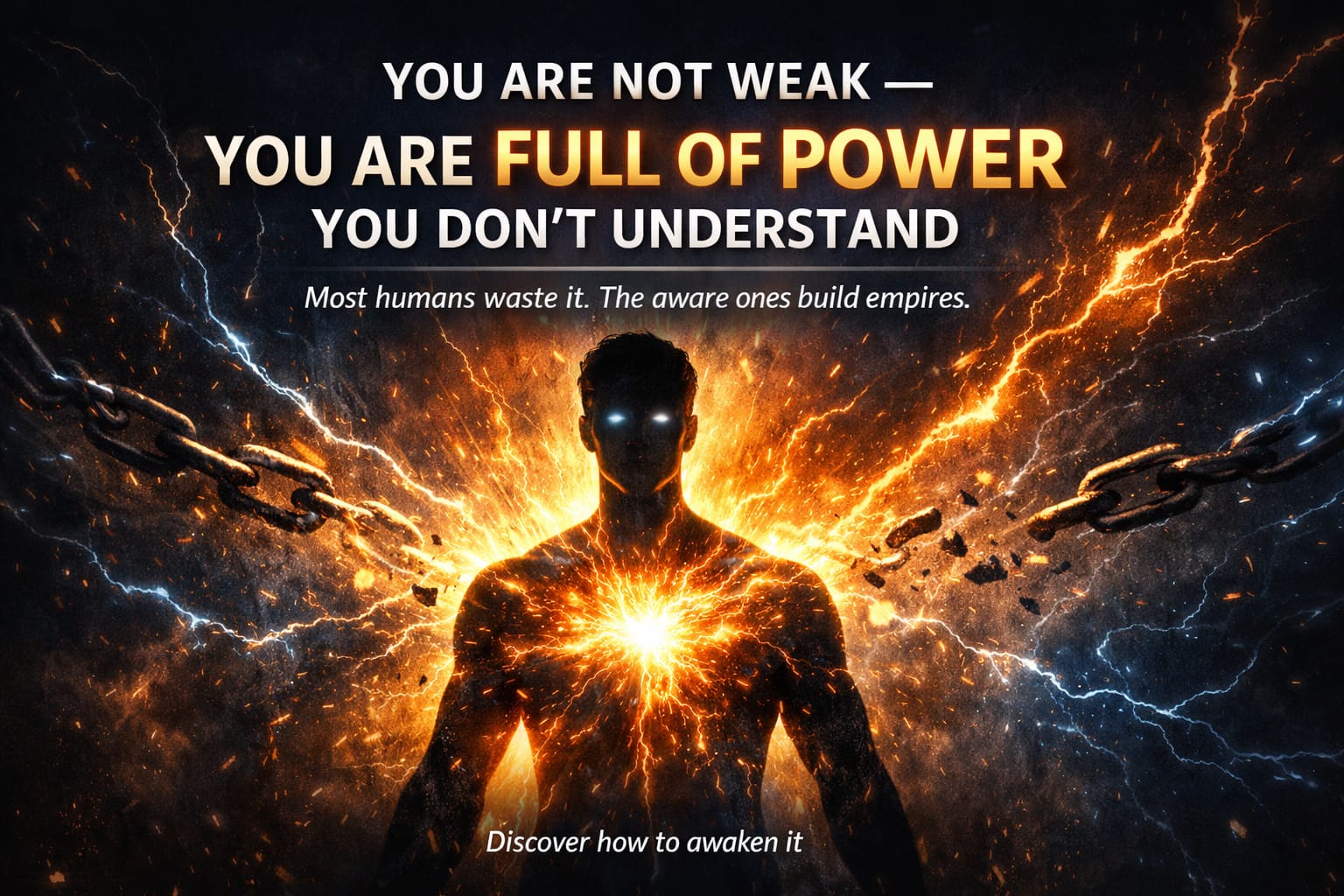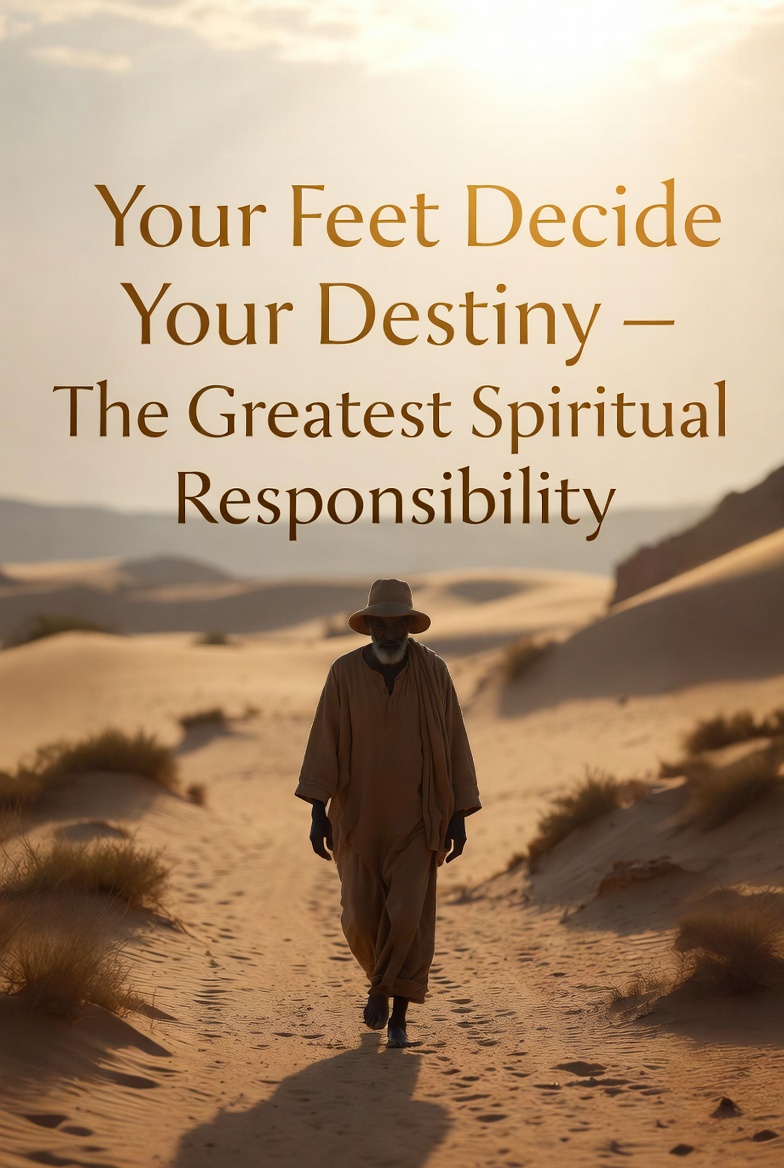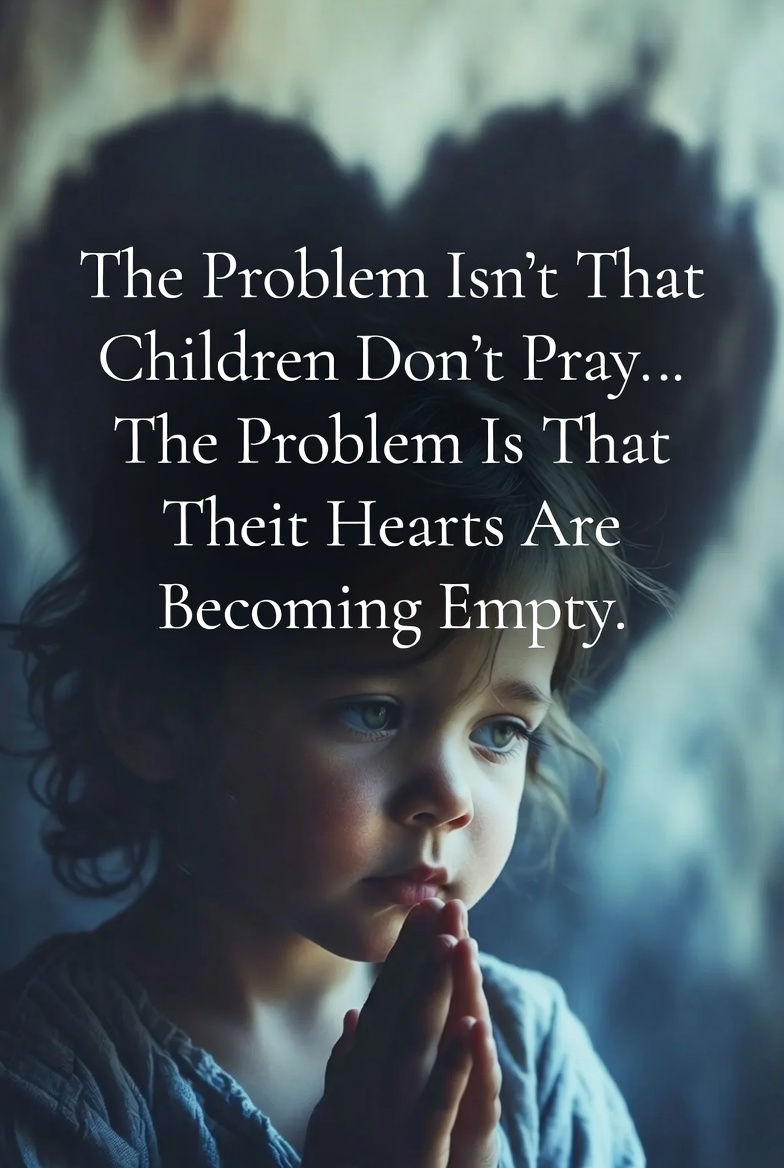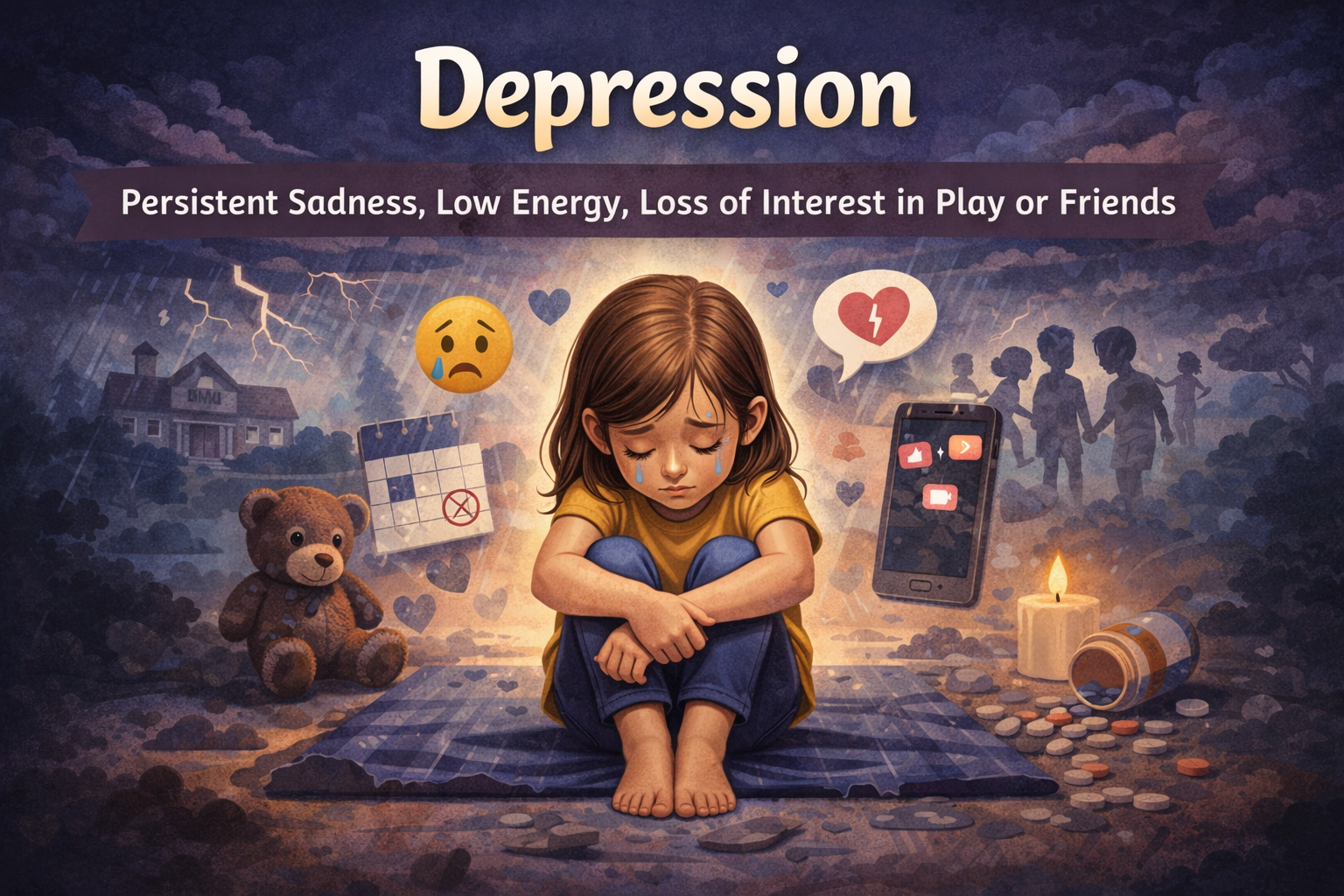Uncategorized
-
The Burnout Crisis at Work: Why Productivity Is Falling and What Leaders Must Do Now
Top Business Concerns This Week: Burnout, Productivity & the Human Solutions Leaders Must Address Modern business is moving fast. Deadlines are tighter. Expectations are higher. Messages never stop.And yet, one question keeps showing up in boardrooms, HR meetings, and leadership conversations: Why are our people so tired, stressed, and disengaged? Burnout is no longer a…
-
“Force Yourself or Life Will Break You”
FORCE YOURSELF TO DO IT Stop Waiting. Stop Complaining. Start Moving. Introduction: No One Is Coming to Save You Let me tell you the truth.A truth that hurts. No one is coming.No one will push you.No one will carry you.No one will save your future. If you wait to feel motivated, you will stay weak.If…
-
“This Is Not About Porn. It’s About a Power You Don’t Understand Yet”
Porn, Desire, and the Power Inside You (Read This Before You Judge Yourself Again) Let me ask you something. 👉 Have you ever felt strong after watching porn…and weak after releasing? 👉 Have you ever thought,“Why do I feel energy first, and emptiness later?” 👉 Have you ever blamed yourself for somethingyou never learned how…
-
“Doctors Give Medicine, But No One Tells You This One Truth: Your Body Listens to You”
🗣️ TALK TO YOUR BODY: The Secret That Heals Faster Than ANY Supplement “Your body is listening. Every word you think, every word you speak—it shapes your health, your life, and your future.” 🌱✨ 🌱 INTRODUCTION: The Hidden Power Nobody Told You About Have you ever said: Your body heard you. It believed you. 😢…
-
**“Why Is Humanity Breaking From the Inside?
The 7 Chakras Secret That Can Awaken the Whole World”** Table of Contents Complete Guide for Activation of 7 Chakras Part 1: Introduction Part 2: Understanding the 7 Chakras Part 3: Root Chakra (Muladhara) Activation Part 4: Sacral Chakra (Svadhisthana) Activation Part 5: Solar Plexus Chakra (Manipura) Activation Part 6: Heart Chakra (Anahata) Activation Part…










